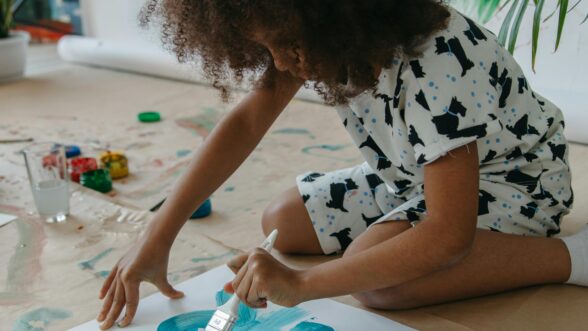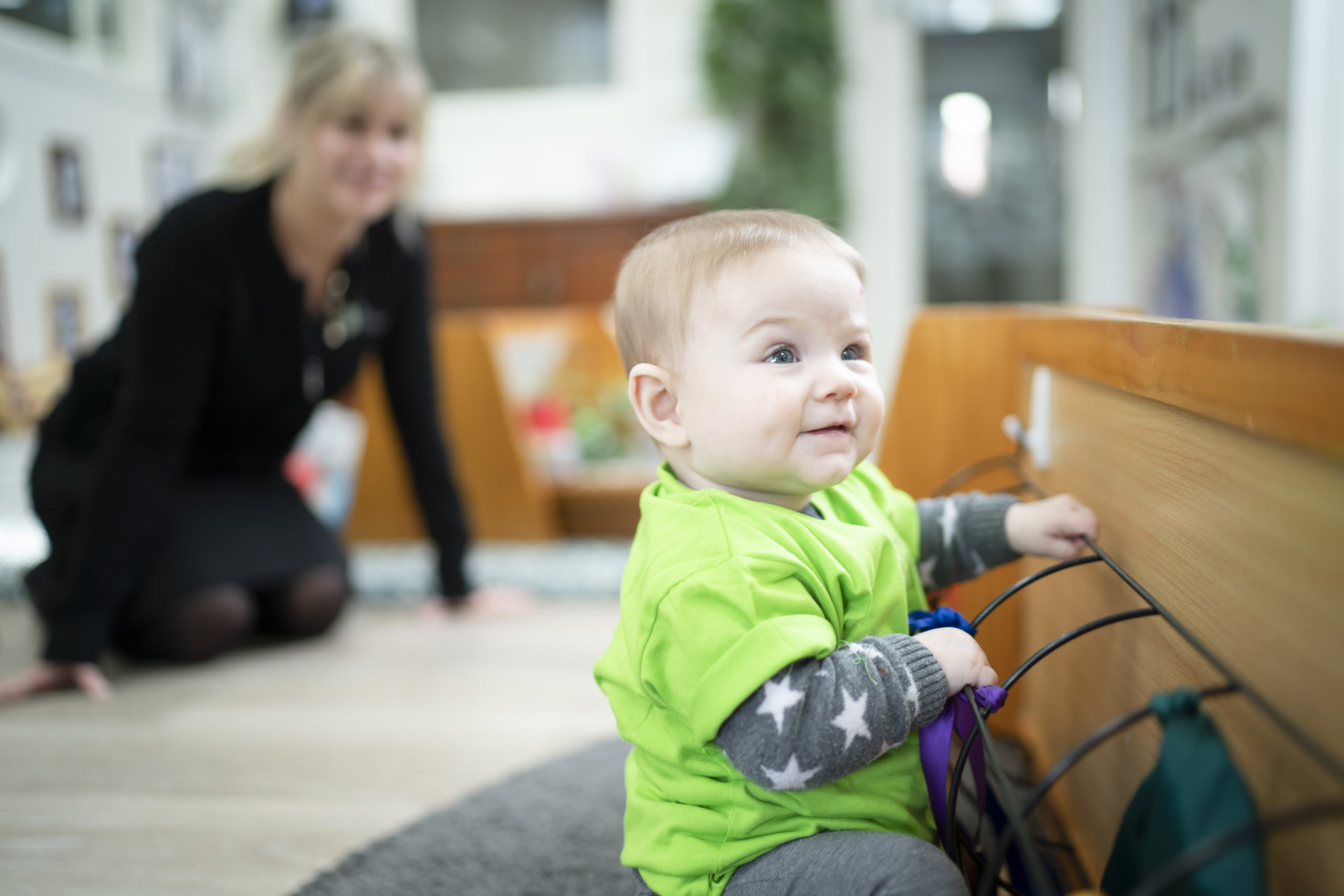
Education, Parenting Resources, Useful tools
Useful tools
16 December, 2026

Starting childcare is a big step – both for a child and their parent. There are so many benefits (physical, developmental, emotional, social, educational… we could go on) but also some challenges, so it’s natural that parents can feel hesitant about enrolling their child too soon.
As with anything parenting-related, it helps to learn as much about it as you can – especially from the experts (that’s us!).
Did you know that there is no minimum age for daycare in Australia? Your child can be enrolled at any age, meaning the decision could come down to whether or not you think your child is ready.
This can make it even harder for parents to determine when the time is right. Working parents may not have a choice, and will need to enrol their child in childcare as soon as their paid parental leave runs out. Other parents may choose to start childcare from an early age, while others would rather hold off. It’s totally up to you and what is best for your child.
At Edge Early Learning, our minimum childcare age is six weeks.
No matter what age your child is when they start with us, our Early Years Learning Framework (EYLF V2.0) ensures they are supported.
In the Nursery, your child will start to develop body movements and sounds to communicate with, making their first connections with new people – our devoted educators. These educators will work closely with your child and take the time to respond and acknowledge their communicative cues, helping them achieve important developmental goals like…
We know that these moments are the foundation for your child’s future relationships, and that respect and care are key to empowering them to progress with their development.
As your child progresses into their toddler years, our framework supports important developmental goals like walking, running, climbing and jumping, engaging in parallel play alongside other toddlers, sorting objects by shape and colour, beginning to count, comprehending questions and following simple directions. We understand that demonstrating independence can be important at this age, so our approach involves presenting your child with options and making decisions based on their emerging interests.
During their kindergarten years, your child will begin to engage in more structured games and develop social skills and competence through learning. Their developmental goals during this time include taking part in conversations and stories, enjoying playing, sharing and cooperating with others, hopping, climbing and running with ease and increasing their attention span, memory and recall. Our Physical Education program promotes the development of these skills through structured games in team settings, supporting your child socially, emotionally and cognitively to help them feel confident in starting school.
No matter how old your child is, our Inquiry-Based Philosophy – which is supported by the Early Years Learning Framework (EYLF V2.0) – emphasises the importance of play-based learning to guide children towards achieving developmental goals. In doing so, we aim to produce the following five learning outcomes: